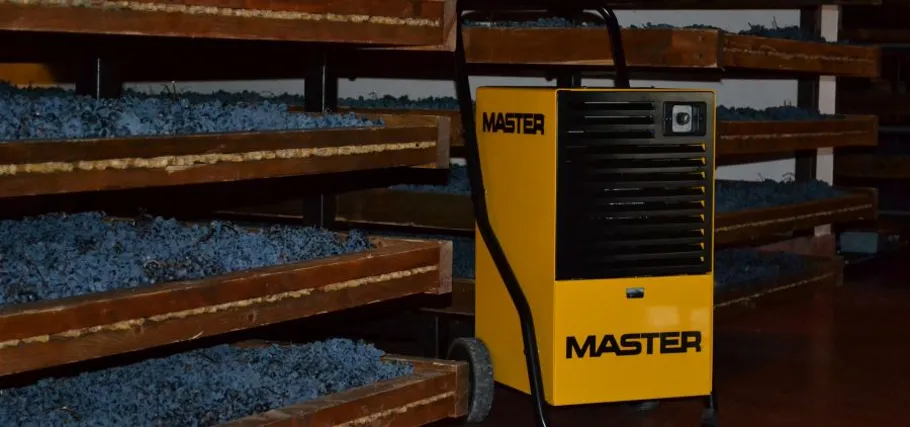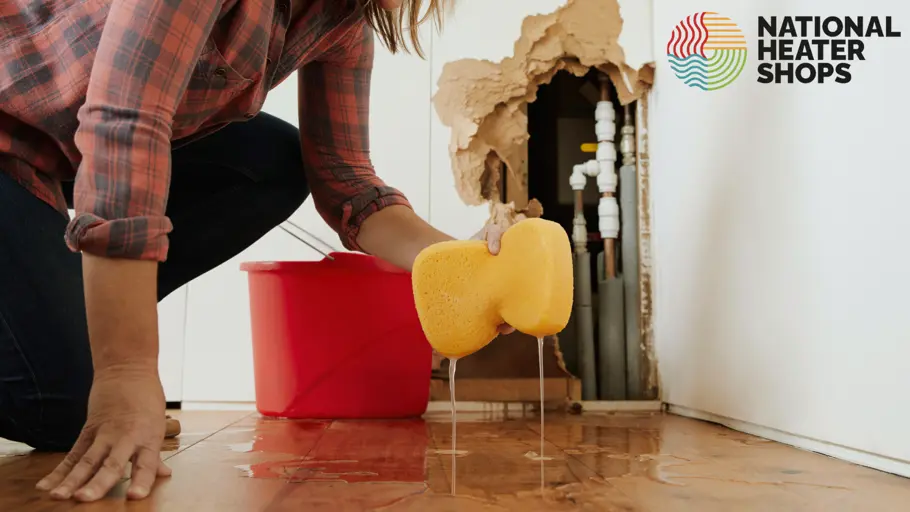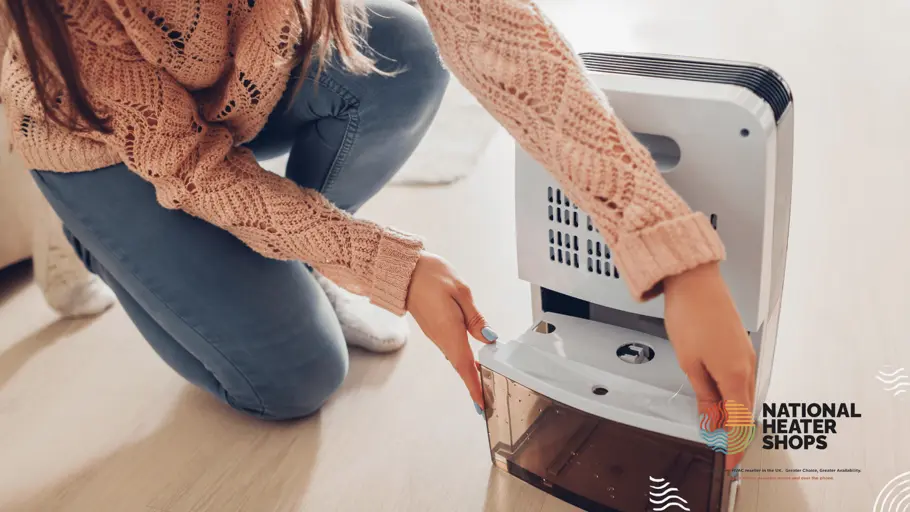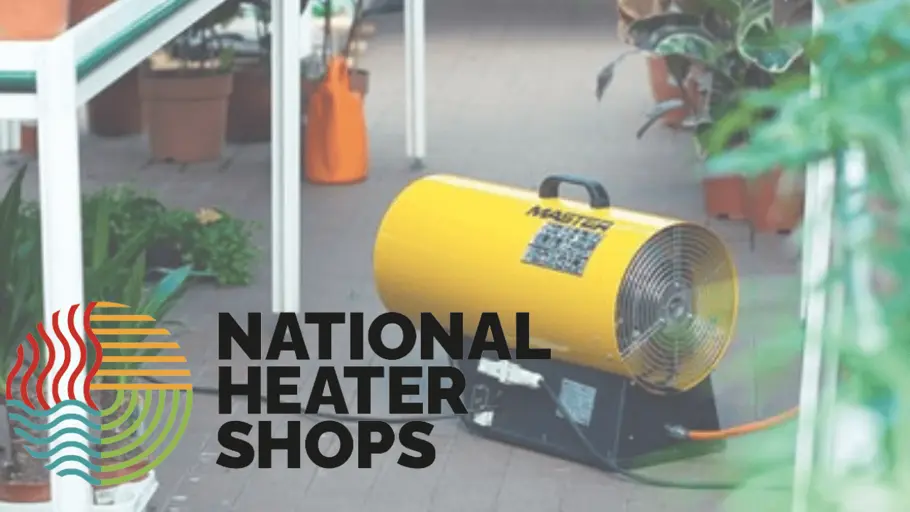The Valpolicella region of Italy, located north of Verona, is home to verdant valleys and some of the oldest wine traditions in the world. With a signed manifesto ensuring the continuation of high standards in production, Amarone wine has surged in popularity since 2009 when it earned DOCG status (Italy’s top wine grading).
The Winemaking Process
Shrouded in a tradition, dating back over 25 centuries, the winemakers of this region have carefully refined techniques of harvesting and part-drying three kinds of grape grown in the region.
The grapes are harvested and left to dry over ventilated wooden grids.
After a few months into the vintage, the magic begins. A unique type of mould growth and the careful control of temperature and humidity control gives the dried grapes a higher sugar content.
Although it sounds unusual, this step in the process gives the grapes their distinctive flavour and controls the alcohol content in the final product.
Wine Cellars & Humidity
Humidity is an important factor in achieving that familiar taste the wine is so famous for. Humidity therefore must be carefully controlled during the grape drying process and in the wine cellars, where the wine is stored as it matures.
As a rule, bottles should be kept between 60% and 70% humidity in the wine cellar.
Above 70% relative humidity: The labels on the wine bottles begin to deteriorate and mould can begin to form on the inside of the bottle!
Below 70% relative humidity: Corks can dry out. This causes the wine to be exposed to the air which makes it lose its unique taste and aroma.
Modern Solutions Meet Ancient Traditions
Unlike their predecessors who began this ancient wine-making practice, modern winemakers can use modern solutions to control humidity levels during wine production.
Master dehumidifiers are being used by winemakers to control humidity levels in their caves, cellars, basements and factories.
These robust and efficient drying machines are beneficial throughout the whole winemaking process, but they are especially useful during the drying process and during storage.
Using a Master dehumidifier in the drying room helps wine producers control the alcohol content of the beverage, while still keeping the powerful taste.
Wine Production & Dehumidifiers
Indoor spaces with little ventilation and warm climates often suffer from fluctuating temperatures and relative humidity levels. The consistent humidity level needed in the wine production cannot be achieved using heating.
As these areas are cut off from the outside elements, installing a condensation dehumidifier delivers a continuous air flow and removes moisture, keeping the relative humidity at the ideal level.
Dehumidifiers in the Food & Beverage Industry
Dehumidifiers are not widely talked about in the food & beverages industry, yet they do fantastic work at solving problems experienced during everyday activities, in factories, production facilities, processing plants and warehouses.
Loss of produce or product is money. Dehumidifiers can be used to control humidity conditions, to prevent ingredients and products in storage from becoming spoiled.
They can be used to protect produce on farms or in freezer rooms. They can also be used to dry out meats and cheeses during the aging process. There are a wide range of other applications and niches for dehumidifiers in food and drink production, that help to ensure quality produce and prevent loss.
More Help & Advice
We offer a wide range of professional dehumidifiers, suitable for all kinds of applications. Take a look at the full range of Master dehumidifiers on our website and speak to our team via telephone or live chat for more information and advice.







